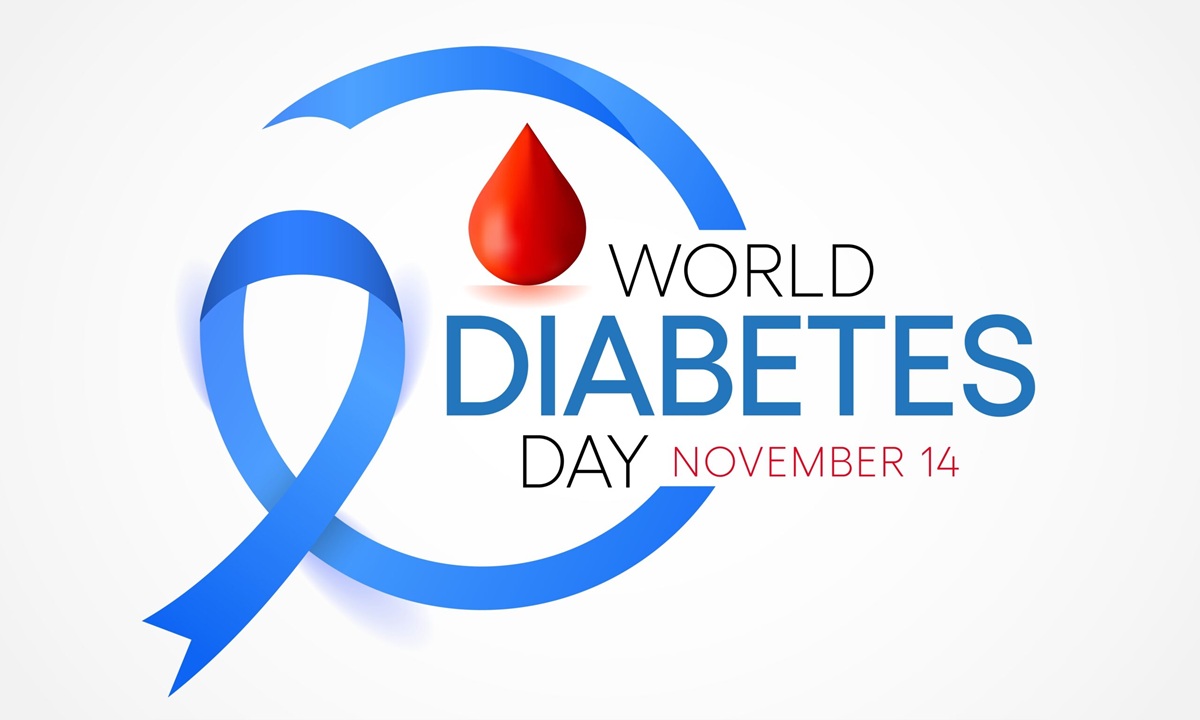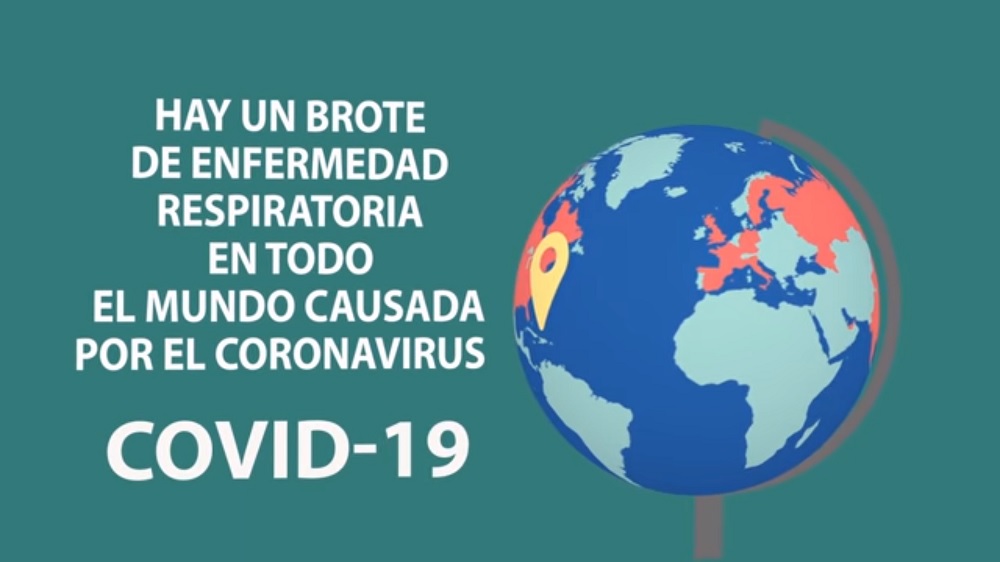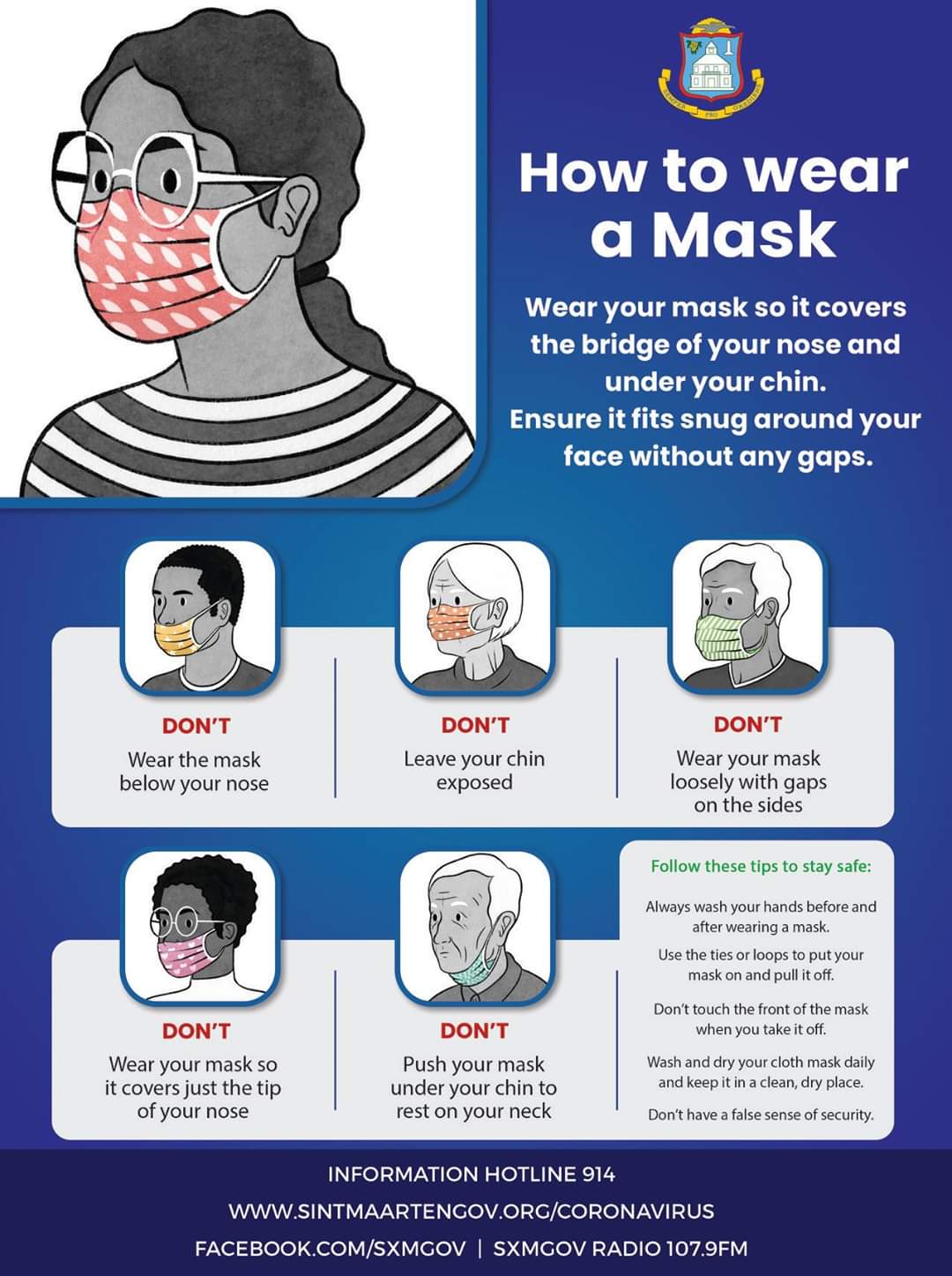Friday is World Diabetes Day: Diabetes during the life course
November 13, 2025 4:30 pm
Friday, November 14 is World Diabetes Day (WDD) which will be observed around the globe to raise awareness under the theme, “Diabetes during the life course.”
World Diabetes Day provides an opportunity to raise awareness about the impact of diabetes on people’s health and to highlight the opportunities to strengthen the prevention, diagnosis, and treatment of diabetes.
This year’s theme, “Diabetes during the life course,” reinforces our commitment to reducing the risk of diabetes and ensuring that everyone diagnosed has access to comprehensive, equitable, and high-quality care.
The Collective Prevention Service (CPS) says that diabetes can be prevented and controlled and encourages persons to eat more
vegetables and fruits – ½ of your plate; aim for color and variety and remember that potatoes don’t count as vegetables on the Healthy Eating Plate because of their negative impact on blood sugar.
Go for whole grains – ¼ of your plate. Whole and intact grains—whole wheat, barley, wheat berries, quinoa, oats, brown rice etc., and try to have three healthy balanced meals per day and check under your feet regularly and remain in regular contact with your physician to ensure medical management of your diabetes.
Diabetes, being a chronic disease, is also part of CPS annual calendar of public health awareness. Raising awareness, sharing information, is about creating lasting change that improves the quality of life for people living with diabetes.
Diabetes is a chronic disease that occurs either when the pancreas does not produce enough insulin or when the body cannot effectively use the insulin it produces.
Insulin is a hormone that regulates blood sugar. Hyperglycaemia, or raised blood sugar, is a common effect of uncontrolled diabetes and over time leads to serious damage to many of the body's systems, especially the nerves and blood vessels, which can lead to heart attack, blindness, kidney failure and lower limb amputation.
Many people are not aware that they have type 2 diabetes, understand the risk factors, the signs/symptoms, and seek prompt medical care if diabetes is suspected.
Type 1 diabetes is not preventable. Type 2 diabetes is often preventable through a healthy diet, regular physical activity, maintaining normal body weight, and avoiding tobacco use.
Diabetes can be treated, and its complications avoided or delayed with regular screening and treatment. People with diabetes should seek regular screening for complications to aid in early detection. This includes screening for kidney disease, regular eye exams, and foot assessment.
For more information about diabetes, consult your general practitioner.










